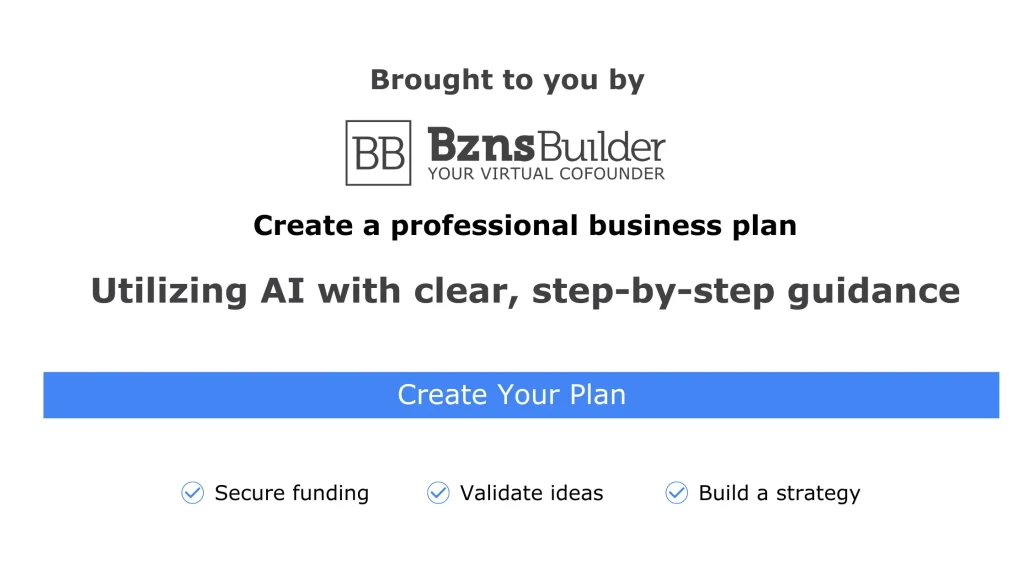How to Estimate the Costs of Starting a Business

Starting a business is an exciting journey, but it comes with a financial responsibility that can make or break your success. Estimating the costs of starting a business is essential for creating a strong foundation. From payroll to marketing, office space to technology, knowing what to expect will help you craft a realistic financial plan and set your startup up for success.
In this guide, we’ll cover:
- How much it costs to start a business
- Key startup expenses
- The importance of realistic cost estimates
- Post-launch costs to consider
What Are Startup Costs?
Startup costs encompass the expenses required to transition your idea into a fully operational business. These include one-time expenditures, like registration fees, and recurring costs, such as salaries and rent. Understanding these costs helps you create a clear financial strategy and avoid surprises down the road.
Why Estimating Startup Costs Matters
Knowing your costs ensures you can plan for incoming and outgoing funds, prioritize effectively, and avoid cash flow crises.
Accurate estimates demonstrate thorough preparation, making it easier to secure funding from banks or investors.
By estimating costs, you can forecast growth, refine your budget over time, and allocate resources more strategically.
- Plan for Financial Success
- Build Investor Confidence
- Craft a Long-term Financial Strategy
Common Startup Costs
Before You Launch
One-time Expenses
- Business Plan Creation: Use tools like BznsBuilder to craft a comprehensive plan.
- Technology Setup: Purchasing hardware, software, and licenses.
- Permits and Licensing: Legal fees for registering your business and acquiring permits.
- Branding: Logo design, website creation, and business cards.
Recurring Costs
- Legal Services: Retainers for ongoing compliance needs.
- Office Space: Rent or coworking space subscriptions.
- Salaries: Initial team wages and founders’ compensation.
- Utilities and Insurance: Covering electricity, internet, and business insurance.
After You Launch
- Payroll: Ensure salaries, contributions, and benefits for employees are included in your budget.
- Marketing: Invest in strategic campaigns, whether through paid ads, influencer partnerships, or loyalty programs.
- Assets Maintenance: Budget for equipment upkeep, from laptops to vehicles and office furniture.
Unexpected Costs
Always have a contingency fund to cover emergencies, such as tech failures or economic disruptions.
Realistic Cost Estimation: The Key to Success
Being realistic about your startup costs allows you to:
- Stay Prepared: Avoid surprises by anticipating both fixed and variable expenses.
- Adapt to Challenges: Make informed decisions when unexpected expenses arise.
- Secure Funding: Present accurate financials to stakeholders and investors.
Need Help Estimating Costs?
Estimating your startup costs doesn’t have to be daunting. With BznsBuilder, you can create a financial plan tailored to your business’s unique needs.
- Plan for hidden costs.
- Forecast your expenses.
- Ensure long-term sustainability.
Start your free trial today and let #YourVirtualCoFounder help you build a stronger financial future!








